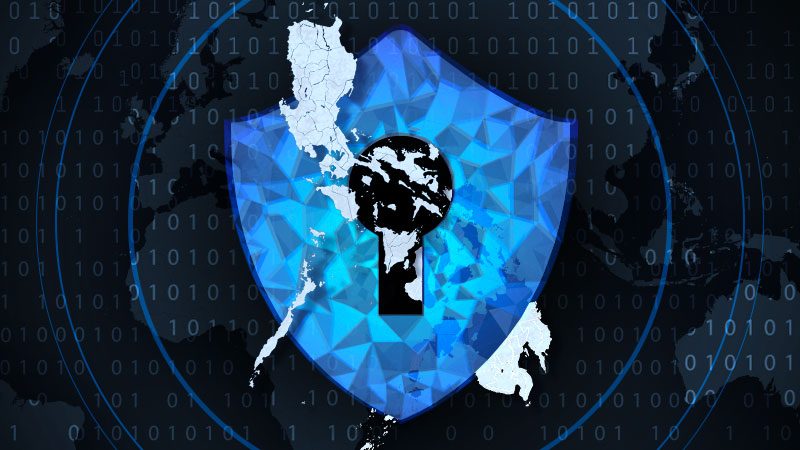SUMMARY
This is AI generated summarization, which may have errors. For context, always refer to the full article.

MANILA, Philippines – Philippine consumers ranked the highest in terms of level of concern as it related to security issues among 13 countries surveyed in the latest Unisys Security Index.
The index ranks the Philippines 234 out of a 300-point scale, where 300 represents the highest level of concern. Of the 13 countries surveyed, it is the highest on the index and is 59 points higher than the global average. It also increased slightly from 232 in 2018.
In the Philippines, the top 3 concerns relate to identity theft (90%), natural disasters (89%) and hacking and viruses (87%).
Taking action against data breaches
About 36% of Filipinos report suffering a data breach in the last year, with the most common types of attacks being email hacking (16% of respondents), social engineering scams that tricked them into providing information (13%) and social media profiles hacked (12%).
Ashwin Pal, director of security services at Unisys Asia Pacific, said Filipinos were likely to seek redress. “Consumers hold the business or government agency responsible for not protecting their data, and many Filipinos are taking action,” he said.
“Among Filipinos who report they have suffered a data breach in the last year, almost a quarter (24%) say they took legal action, one in five (21%) stopped dealing with the organization… and 18% exposed the issue on social media. This results in customer loss, reputation damage, legal disputes and inhibits take-up of online or digital services,” he said. (READ: Online lending execs face charges for shaming users, data privacy violations)
Meanwhile, at large gatherings, Filipinos are just as worried about cyberthreats as much as physical threats. While 86% are worried about a physical attack, 84% are seriously concerned about credit card or personal data being stolen as part of an attack on the public Wi-Fi.
Discerning whom they trust
Filipinos appear to be discerning when it comes to whom they trust with their data. About 49% of the respondents supported the government collecting such information to identify who is in the vicinity of a disaster, but only 21% support the government monitoring an individual’s travel patterns for public infrastructure planning.
Some 39% support airports and airlines collecting information to efficiently guide a passenger’s journey through an airport, but only 20% support an employer doing the same to monitor an employee’s location during the workday.
Public support for organizations sharing an individual’s personal information with other groups varies, with high support for law enforcement agencies sharing information to fight domestic (78%) and international crime (76%).
While there is also 67% support for a government administered proof-of-identity to access commercial services – like bank accounts – only 31% support banks sharing a consumer’s financial data with another financial service provider to give a single point of contact for multiple services, with respondents citing their concern about controlling who has access to their personal data.
Lysandra Schmutter, vice president for public sector at Unisys Asia Pacific, said the trust given to an organization “appears to be driven by a combination of trust in the organization involved, the purpose given for how the data will be used and the benefit to the individual. To gain public support, organizations must show they are addressing all three criteria.”
The Unisys Security Index surveyed over 1,079 adults in the Philippines from February 27 to March 22. This was part of an international study of more than 13,000 people across 13 countries, to gauge the public’s concern about various security issues and how they change over time. The countries surveyed were Australia, Belgium, Brazil, Chile, Colombia, Germany, Malaysia, Mexico, Netherlands, New Zealand, Philippines, the UK and the US. – Rappler.com
Add a comment
How does this make you feel?
There are no comments yet. Add your comment to start the conversation.